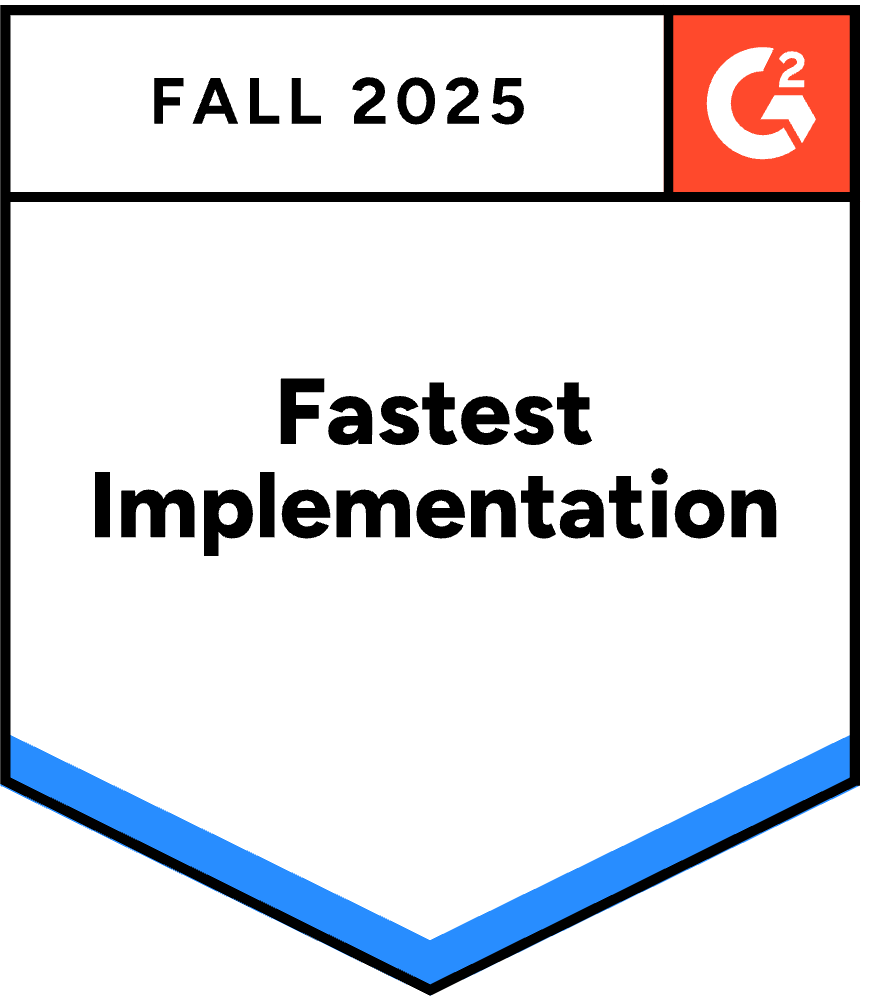5 biggest performance issues in Go and how to solve them
Go (also known as Golang) is a statically typed, compiled programming language designed at Google by Robert Griesemer, Rob Pike, and Ken Thompson. It is syntactically similar to C, but with memory safety, garbage collection, structural typing, and CSP-style concurrency.
Go is a general-purpose language but is particularly well-suited for building web applications, command-line tools, and cloud services. It is fast, reliable, and easy to learn, making it a popular choice for developers of all experience levels.
Go is a high-performance language, but there are still a few things that can slow down your Go applications. Here are the five biggest performance issues in Go:
Slow database queries
Database queries are one of the most common bottlenecks in Go applications. To avoid slow database queries, you should use indexes, optimize your queries, and use a database well-suited for your needs.
This code creates a performance issue by making a database query that is not indexed. The query will be slow because the database will have to scan the entire table to find the product with the given ID.
This code creates a performance issue by making a recursive function that calls itself too many times. The function will eventually reach a stack overflow error.
This code creates a performance issue by making a recursive function that calls itself too many times. The function will eventually reach a stack overflow error.
Unnecessary code
Unnecessary code can slow down your Go applications. To avoid unnecessary code, you should regularly review your code and remove any code that is not needed.
Large images
Large images can slow down your Go applications. To avoid large images, you should compress your images and use a CDN to serve your images.
Too many plugins
Too many plugins can slow down your Go applications. To avoid too many plugins, you should only install the plugins that you need and use a plugin manager to keep your plugins up to date.
Outdated PHP version
An outdated PHP version can slow down your Go applications. To avoid an outdated PHP version, you should regularly update your PHP version.
How to Avoid Performance Issues in Go
There are a few things that you can do to avoid performance issues in Go:
Use indexes
Indexes can speed up database queries by orders of magnitude.
Optimize your queries
You can do several things to optimize your queries, such as using the correct data types, using joins instead of subqueries, and using the right join type.
Use a database that is well-suited to your needs
Not all databases are created equal. Some databases are better suited for certain types of workloads than others. For example, MySQL is a good choice for read-heavy workloads, while PostgreSQL is a good choice for write-heavy workloads.
Remove unnecessary code
Unnecessary code can slow down your Go applications. To avoid unnecessary code, you should regularly review your code and remove any code that is not needed.
Compress your images. Large images can slow down your Go applications. To avoid large images, you should compress your images and use a CDN to serve your images.
Only install the plugins that you need
Too many plugins can slow down your Go applications. To avoid too many plugins, you should only install the plugins that you need and use a plugin manager to keep your plugins up to date.
Regularly update your PHP version
An outdated PHP version can slow down your Go applications. To avoid an outdated PHP version, you should regularly update your PHP version.
How FusionReactor with OTel Integration Can Help
FusionReactor OTel integration can help you to identify and fix performance problems in your Go applications. FusionReactor OTel integration can collect telemetry data from your Go applications, such as metrics, logs, and traces. This data can be used to identify performance problems and track your applications’ performance over time.
FusionReactor OTel integration is easy to use. To get started, start a free trial, and then you need to install the FusionReactor OTel agent and configure it to collect telemetry data from your Go applications. Once the agent is installed and configured, you can start collecting telemetry data from your applications.
FusionReactor OTel integration is a powerful tool that can help you improve your Go applications’ performance. If you are looking for a way to enhance the performance of your Go applications, FusionReactor OTel integration is a great option.










